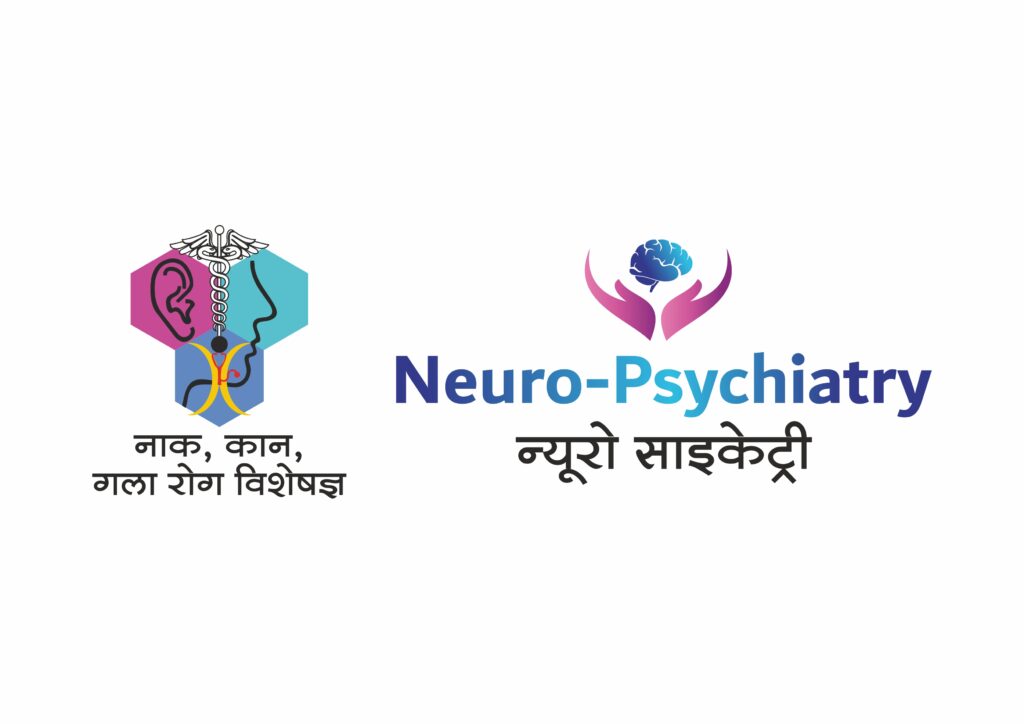Many have heard of pancreatitis, yet few understand its impact. It’s a common condition causing inflammation in the pancreas, a vital organ. Understanding pancreatitis is crucial since it affects digestion and blood sugar levels. Simply put, knowing the basics can empower you in dealing with health issues. Sometimes, medical terms feel like a puzzle. Breaking them down helps everyone make smarter health choices and communicate better with doctors. No one should feel lost when discussing their health.
The Basics of Pancreatitis: A Patient’s Guide
Pancreatitis means the pancreas is inflamed. The pancreas helps with digestion by producing enzymes. If these enzymes activate while inside the pancreas instead of the digestive tract, they can start digesting the pancreas itself. This is painful and damaging. There are two main types: acute and chronic. Acute pancreatitis happens suddenly and can be severe, but it’s usually short-lived. Chronic pancreatitis, on the other hand, is long-lasting and gradually worsens over time. It often follows repeated acute attacks, leading to permanent damage. Differentiating these types helps in understanding the treatment and management strategies to follow once diagnosed.
Spotting the Signs: Pancreatitis Symptoms You Shouldn’t Ignore
Acute pancreatitis presents with severe and sudden symptoms. Intense upper abdominal pain is common. This pain might even radiate to the back and become worse after eating. Nausea and vomiting are other tell-tale signs, especially after consuming fatty foods. Many feel the need to seek medical help right away. On the flip side, chronic pancreatitis sneaks up slowly. Recurring abdominal pain, weight loss, and oily stools signal persistent pancreas issues. Ignoring these leads to severe problems. Always pay attention to these signs for timely help.
Unveiling the Causes: What Triggers Pancreatitis?
Pancreatitis could arise from various triggers. Gallstones are a common cause of acute cases, blocking the pancreas duct. Alcohol misuse is another well-known trigger, often leading to both acute and chronic types. However, genetics also play a role. Someone with a family history of the condition might face an increased risk. Lifestyle habits, like poor diet, contribute to pancreatitis as well. Less often, infections, injuries, and medications can inflame the pancreas. Recognizing these risk factors can guide lifestyle changes and preventive measures.
Diagnosing Pancreatitis: What to Expect
Getting a pancreatitis diagnosis involves a few key tests. Initially, doctors conduct blood tests to detect elevated enzyme levels, indicating inflammation. Ultrasounds or CT scans follow, which offer detailed images to check for gallstones or damage. Endoscopic procedures might be needed to take a closer look. This process may sound daunting, but prompt diagnosis is vital to avoid complications. With early detection, treatment starts sooner, improving outcomes and recovery rates for patients.
Navigating Treatment Options for Pancreatitis
Treating acute pancreatitis focuses on relief and recovery. Patients often stay in the hospital for fluids and pain control. Resting the pancreas by not eating temporarily can help, too. Addressing the underlying cause, like removing gallstones, is crucial. For chronic pancreatitis, managing ongoing pain and dietary changes are key. Doctors might recommend enzyme supplements to aid digestion. Lifestyle adjustments, like quitting alcohol and maintaining a healthy diet, play a significant role in managing symptoms and improving life quality.
Complications and Secondary Issues of Unmanaged Pancreatitis
Unmanaged pancreatitis may lead to serious complications. Pseudocysts can form, filled with fluid. These may cause infection or rupture if not treated. Additionally, repeated inflammation can lead to persistent digestive issues and even diabetes due to damage to insulin-producing cells. Regular check-ups with healthcare professionals are necessary to monitor the condition. Addressing any arising concerns promptly can prevent these secondary problems and ensure better health outcomes.
Managing Life with Pancreatitis: Practical Tips and Testimonials
Living with pancreatitis requires lifestyle modifications. Adopting a low-fat, balanced diet helps manage symptoms. Patients often stress the importance of listening to one’s body and avoiding trigger foods. Hearing real stories from others facing similar challenges can be encouraging. Many find maintaining a close relationship with healthcare providers and support groups beneficial. Emotional support from family and friends boosts morale and aids in navigating life changes due to pancreatitis.
Debunking Myths: Common Misconceptions About Pancreatitis
There’s much confusion surrounding pancreatitis. One myth is that only heavy drinkers are affected. This isn’t true; even moderate drinkers or non-drinkers can develop this condition due to other factors. Others believe pancreatitis isn’t serious if painless, which is misleading. Chronic conditions often progress silently. Dispelling such myths helps people take better care of their health and encourages timely medical consultations.
Seeking Support: How Caregivers Can Offer Help
Caregivers play a pivotal role for those with pancreatitis. Emotional support is invaluable. Simply being there, listening, and assisting with daily tasks can make a huge difference. Encouraging adherence to medical recommendations and motivating healthy choices supports overall well-being.
Conclusion: Partnering with Healthcare Providers
Understanding pancreatitis improves health outcomes. Always consult healthcare professionals for accurate diagnoses and personalized care plans. A proactive approach to managing symptoms and lifestyle changes can greatly improve living with the condition. Partner with your doctor for the best results.
By following these insights, managing pancreatitis becomes clearer and less daunting. Stay informed, seek support, and embrace healthy habits for a better quality of life.



